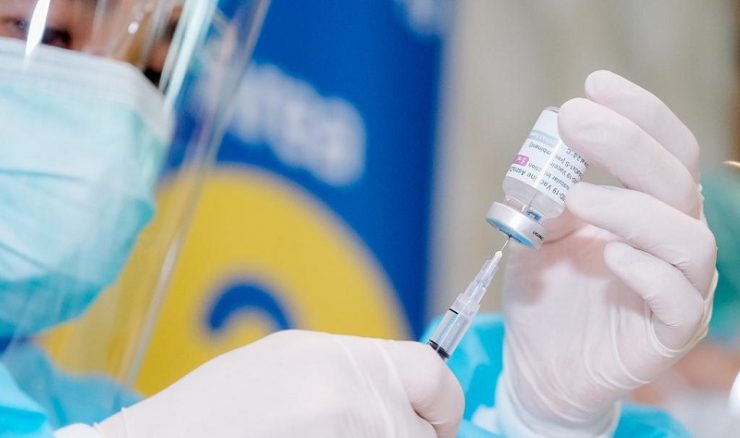THE REQUIREMENTS transportation modes will come into effect on Sunday (7/17). The Indonesia’s government has adjusted the new travel rules at home and abroad through two Circular Letters (SE) of the COVID-19 Handling Task Force.
Spokesperson for the COVID-19 Task Force, Prof. Wiku Adisasmito, stated that in addition to increasing protection, these two policies were also to spur vaccination booster programs at home and abroad. So that people who have boosted do not infect other people when they are traveling.
“The entry policy for foreign travelers (PPLN) to Indonesia is still the same as before. However, they need to adjust the policies of domestic travelers (PPDN) if they will travel domestically or within Indonesia,” he said.
“The policy will take effect on July 17, and will be evaluated after it is implemented. The task force released the policy 10 days earlier as a pre-condition, so that people have time to get booster vaccines,” Wiku remarked.
In the latest regulations, Wiku continued, adjustments to domestic travel policies are regulated in SE number 21 of 2022 regarding Domestic Travel Actors (PPDN). Meanwhile, for foreign travel policy adjustments, it is regulated in Circular Letter (CL) No. 22 of 2022 Foreign Travel Players (PPLN). Adjustment of the latest travel rules Adjustments related to PPDN In SE Number 21 of 2022 regarding Domestic Travel Players (PPDN), there are several adjustments.
First, the difference in testing requirements based on vaccination status. In detail, PPDN that has had the third dose of vaccine (booster) is not required to do testing. PPDN with the second dose, must show a negative result of the 1×24 hour rapid antigen test or 3×24 hour PCR.
PPDN with the second dose can also get a booster at the departure location (on-site). Meanwhile, PPDN who have just received the first dose of vaccine, are required to do a 3×24 hour PCR test. Meanwhile, children aged 6-17 years are not required to do testing, but must include proof of the complete dose of vaccine (two doses).
For children aged less than 6 years, there is no need for examination and vaccination, but must be accompanied by a travel companion. Second, there are some exceptions to the travel requirements. The vaccination requirements above do not apply to routine trips using private or public land transportation modes.
In addition, it does not apply to trains in one urban agglomeration area/area, pioneering modes of transportation including in border areas, 3T areas (lagging, leading, outermost), and limited shipping according to the conditions of each area. The mandatory booster arrangement as a prerequisite for accessing public facilities such as malls and offices will be contained in the latest Minister of Home Affairs Instruction. [sources/photo special]
















